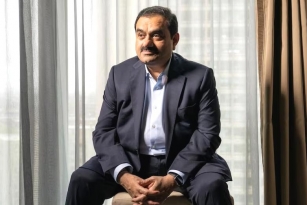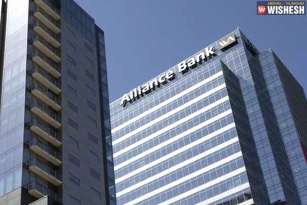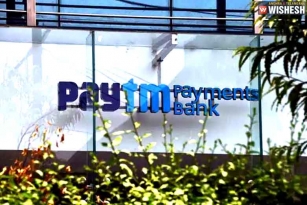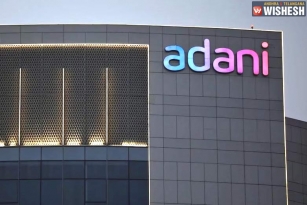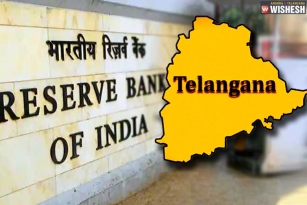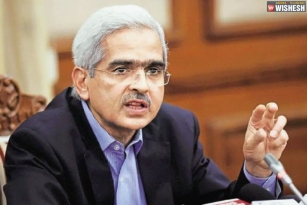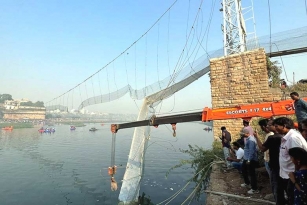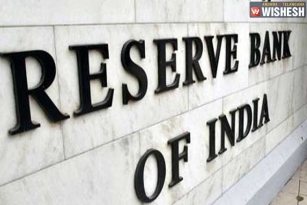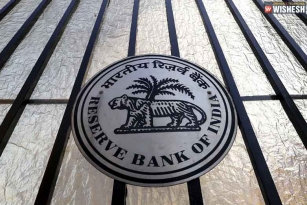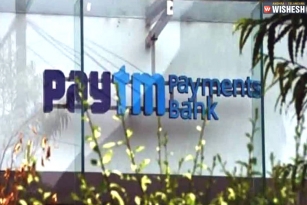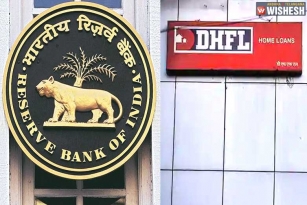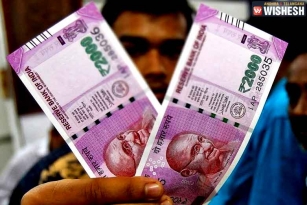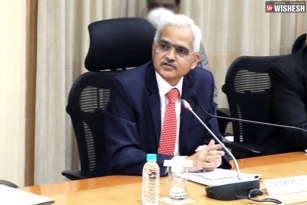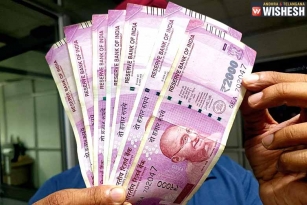
The chances of a rate revision of the Reserve Bank of India are very remote. The Export-Import Bank of India states that, the rising trend in inflation seen over the last two months and the rainfall deficits is expected to weigh over the considerations of a weak economic performance.
"Consequently, policy rate cut by the RBI in its third bimonthly policy appears bleak. The RBI is likely to maintain status quo on rates in its bimonthly policy meet on August 4," it said.
"Ind-Ra expects the policy stance to reflect RBI's continued intention to anchor both inflation and inflationary expectations. This has become even more important for RBI after its agreement with the government to follow a framework of inflation targeting," India Ratings and Research said.
Consumer price-index (CPI), or retail inflation has risen to an eight-month high of 5.4 per cent in the month of June. The CPI-urban for the month of June has inched higher to 4.55 per cent, the CPI-rural jumped to 6.07 per cent from 5.52 per cent in May. In the previous review in the month of June, RBI has cut the repo rate, at which it lends short-term to commercial banks, from 7.5 per cent to 7.25, but left other parameters like the cash reserve ratio (CRR) and the statutory liquidity ratio (SLR), unchanged at 4 per cent and 21.5 per cent, respectively.
RBI Governor Raghuram Rajan has said that the plans for lower food output is needed to be in place, global financial markets were volatile, factory output was recovering unevenly, the services sector was emitting mixed signals, fuel inflation was up, exports were down and liquidity had improved.
"We believe that a government-elected panel undermines the RBI's independence. Moving to the new model would severely dent the RBI's competency. Credibility would be lower, politics would drive decisions, and transparency would be reduced," American research firm Moody's Analytics said.
"Overall, we believe that tampering with the central bank's independence would make it difficult to anchor inflation expectations. This would weigh on India's economic prospects, particularly financial market stability," said the Moody's report. "But given the criticism of the draft bill, it is unlikely to pass parliament," it added.
"The RBI is likely to maintain its stance that the evolving inflation outlook needs to be monitored closely," said Radhika Rao, economist at DBS in Singapore.
"Despite policy reforms to iron out food supply bottlenecks, the impact is yet to be felt on the streets. This, coupled with over-reliance on rain-fed irrigation, will continue to provide food price shocks," said Debopam Chaudhuri, chief economist at ZyFin Research.
“It is something that would gladden the hearts of all connected with real estate. My heart says the RBI Governor should do so, but my mind doesn’t share the enthusiasm. If the RBI cuts rates, logically it should boost investments and growth,” said Niranjan Hiranandani, MD, Hiranandani Constructions.
“Concerns related to key inflation risks highlighted by the RBI during its June 2015 policy review have ebbed in recent weeks, with smaller than feared monsoon deficit, moderation in crude oil prices and relatively stable currency,” said Naresh Takkar, group CEO and MD, ICRA.
By Premji


